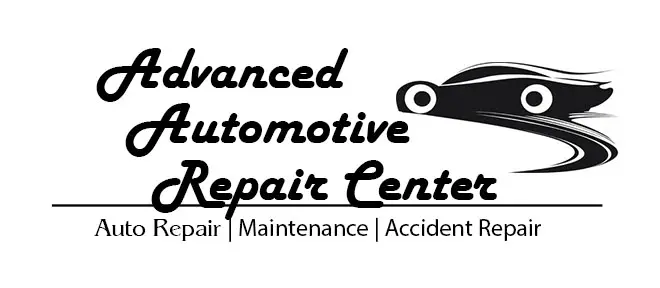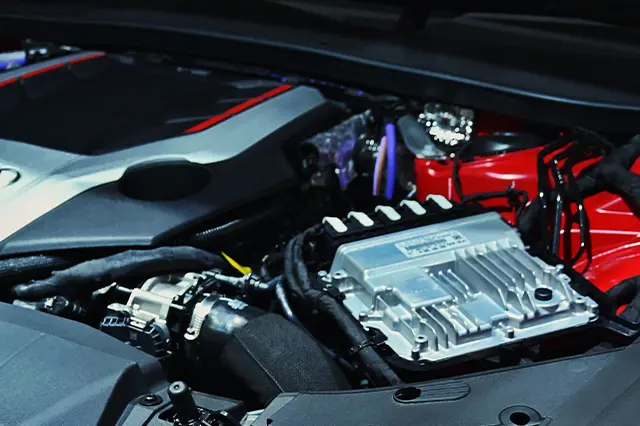
Can engine failure be fixed?
You can’t blame a motorist for being hesitant to pull over and fix their car when they see a flashing warning light or hear an ominous beeping sound. After all, it can seem like a daunting task. But in the case of engine failure, it may very well be the best course of action. In this blog article, we will explore how to fix engine failure and why it’s such a crucial step in preventing bigger problems down the road.
What causes engine failures?
There are a few things that can cause an engine to fail. One of the most common causes is a piston ring failure. This can happen when the ring fails to seal the piston and oil leaks into the engine. Another common cause of engine failure is thermal runaway, which is when the engine overheats and starts burning parts of itself. If this happens, it can damage other parts of the engine and even start a fire. Finally, engine failures can also be caused by faulty fuel injectors or faulty ignition systems. All of these things need to be checked out by a mechanic in order to determine what caused the engine failure and if it can be fixed.
How to fix engine failures
If your engine fails, it is important to have it fixed as soon as possible. A failed engine can cause a lot of damage, and may even result in a crash. Here are some tips on how to fix engine failures:
1. Get the car towed to a mechanic as soon as possible. If the engine failure is minor, you may be able to fix it yourself. However, if the engine failure is more serious, getting the car repaired by a professional will be best.
2. Check the oil level and make sure it is full. If the oil level is low or empty, this can cause an engine failure. Make sure to check the oil level every time you drive your car, regardless of whether or not there is an indication that the oil needs replacing.
3. Test your car’s battery and lights. If anything seems off, take your car in for inspection by a mechanic right away. It’s possible that something simple like a blown fuse is causing your problems, but if something more serious is going on, having it fixed quickly will prevent further damage and potential injury.
4. Check for any fluid leaks or signs of major damage beneath the vehicle’s hood (such as smoke). If there are any sign of major damage, has your mechanic check all of the hoses and belts in order to see if any of them are cracked or damaged in any way. This can indicate that there is something else going on with your engine that you don’t yet understand.
5. Check for any unusual noises coming from the engine. Again, if there are any loud noises or vibrations coming from the engine, it’s best to have it fixed as soon as possible. This can indicate that there is something wrong with the engine itself, and may require a replacement.
6. If your car has a manual transmission, check the fluid levels in the transmission and differential. Make sure that these levels are correct and that they are not low. If they are, have your mechanic check them out as soon as possible. A low transmission or differential fluid level can cause the car to slow down or even stop in traffic, which can be dangerous.
7. Check for any air leaks in the system. If there are any air leaks, this can cause the engine to overheat and eventually fail. Have your mechanic check for air leaks and fix them if they are found.
8. Check the spark plugs and wires. If there is something wrong with either of these components, it may be causing the engine to fail. Have your mechanic replace either of these items if needed.
9. Check for any signs of carbon build-up on the engine’s pistons or valves (this is a sign of severe engine damage). If there is carbon build-up, has your mechanic replace the engine completely.
10. Check for any broken or missing parts in the engine. If there are any broken or missing parts, this could be causing the engine to fail. Have your mechanic replace any of these parts as needed in order to fix the engine.
Conclusion
In answer to this question, it is impossible to provide a definitive answer as engine failure can vary greatly from vehicle to vehicle and even from one moment to the next. However, there are certain things that can be done in order to increase your chances of being able to fix the issue should it arise. Firstly, always have a full set of tools and supplies on hand in case you need them.
Secondly, make sure that you understand your car’s systems intimately – this will help you determine where the issue lies and give you an idea of what needs to be done in order for it to be fixed. Finally, don’t hesitate to ask for help when needed – most mechanics are more than happy to offer their expertise during a difficult repair procedure.
